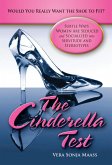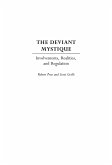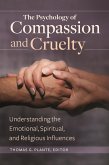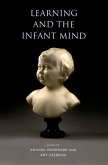Nearly 100 entries describe current brain research as it relates to education, as well as the relationship between the brain and learning and instructional strategies. Over 100 expert authors contributed to this work, covering the cognitive, social/emotional, and physical aspects of learning as the brain develops. Topics include: brain development, learning, curriculum, at-risk, classroom management, culture, emotion, foods, intelligence, learning environments, learning challenges, learning theories, physical movement. Focus is on K-12 education, but the books also offer information on the pre-school and adult learner. Cross references and recommended readings conclude each entry. Supplemental reference sources include a glossary devoted to the brain and an extensive bibliography.
Ideal for educators, parents and teachers, this encyclopedia provides a wealth of knowledge about why educational experiences are structured the way they are and how this helps students learn more. Cognitive neuroscience and its practical use in education provides much of the research for this book, however, the entries are written at a level appropriate for a general reader.
Ideal for educators, parents and teachers, this encyclopedia provides a wealth of knowledge about why educational experiences are structured the way they are and how this helps students learn more. Cognitive neuroscience and its practical use in education provides much of the research for this book, however, the entries are written at a level appropriate for a general reader.









